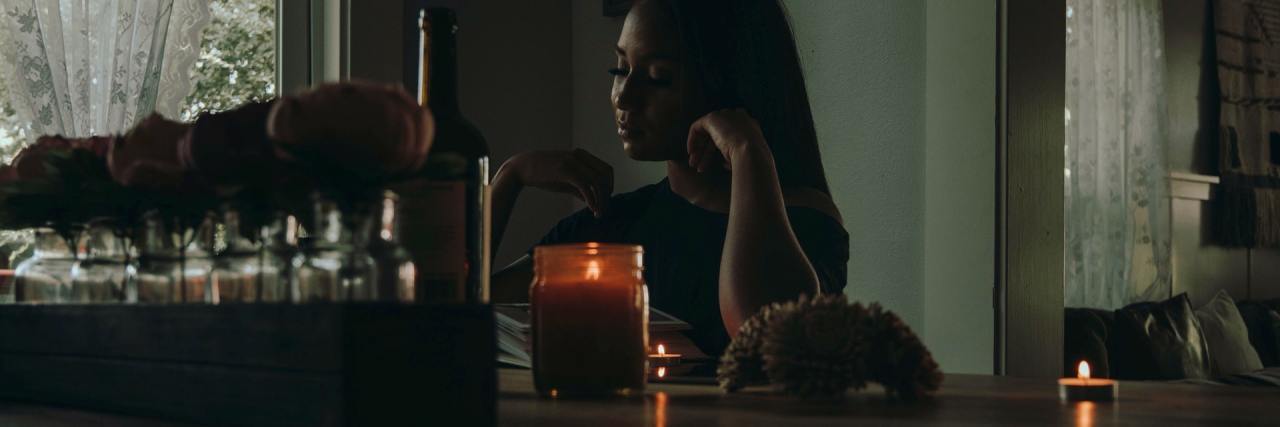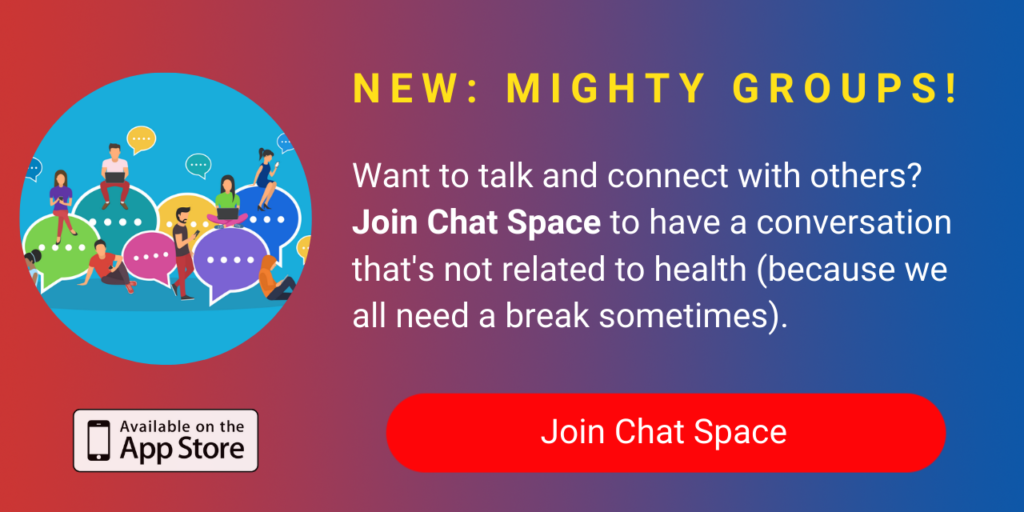7 Steps to Healthy Relationships When You Live With Mental Illness
I have lost friends over the years because of my mental illness. They get tired sometimes. See, I am depressed a good bit of the time and experience suicidal ideation.
Back in 2008, I fell severely mentally ill with my post-traumatic stress disorder (PTSD) and bipolar disorder, and my friends really stepped up to care for me. One friend was particularly helpful and sympathetic. But after two years, and me losing custody of my daughter due to my mental illness and childhood abuse, this friend stopped returning my calls suddenly. I assume she was upset that she could not fix me — that after all that time, I was still living on the edge and not sure I wanted to live or die. Many people who have never experienced mental illness themselves do not understand that this is lifelong; sometimes it goes into remission and sometimes it does not. She thought if she loved me enough, I would get better. I could not express enough to her that I cannot will myself to health. It does not work that way.
It broke my heart to lose my friend. I called for months and there was no answer. She dodged me at church, and we stopped running in the same circles. Here I was, without my daughter and without my best friend. I would cry myself to sleep nightly, wondering what I did that would cause someone to abandon me like this. It has been 10 years and I still would welcome her back into my life, no apology necessary.
I learned a lot from this experience and wanted to share what I learned with you.
Here is how to maintain healthy friendships:
1. Friend selection.
Choose your friends wisely. Make sure they have the same goals for your relationship and shared values. Write down who you are seeking and seek them out.
2. Relationship terms.
Make sure you know if this is going to be daily calls or a text every now and then. You want to manage expectations.
3. Education.
Do a “mental health 101” with them so they have a base understanding of your situation and therefore not to be unknowingly harmful with their comments or support.
4. Limits on sharing.
Take your big problems to therapy. You can talk about the highlights with friends, but the deeper stuff is better left to the professionals.
5. Mutual respect.
Make sure they are respectful in all their relationships and show you respect as well.
6. Trust bond.
Make sure they are trustworthy. You will know this if they do or do not break others’ confidence with you.
7. Safety first.
Make sure you are safe. That your secrets are safe. And make sure you are safe for them. This goes both ways.
Friends are vital to our well-being. They keep us company in some of our darkest days. It is also important that you are a good friend. Friendship is mutually beneficial. I have chosen new friends over the years focused on the principals above. I have recently had the hardest years of my life. No one has burned out in the last 10 years. I keep a large group of friends and every year, I make it a goal to improve closeness in a relationship or to add a new one. This has been successful and important for my recovery. My friends sustain me and me them. We are in a mutually beneficial relationship.
I hope you have relationships that are mutual, stable, loving and safe for you. We all deserve that.
What is one aspect of your condition, disability or mental illness that makes you a good friend?


